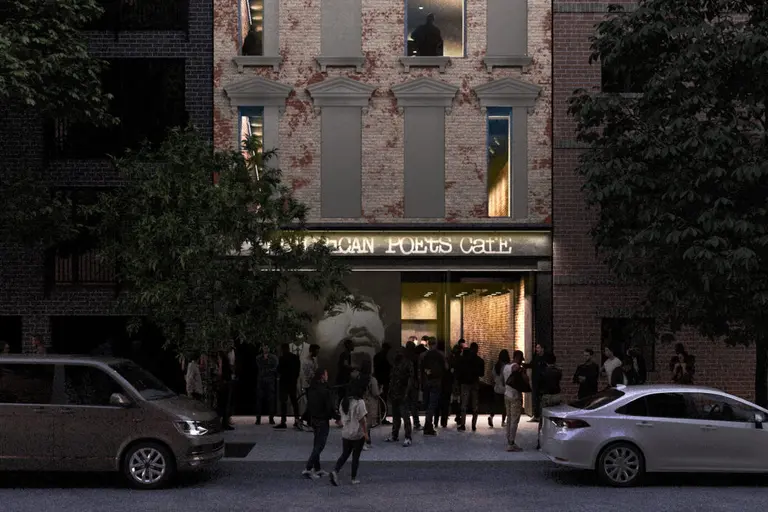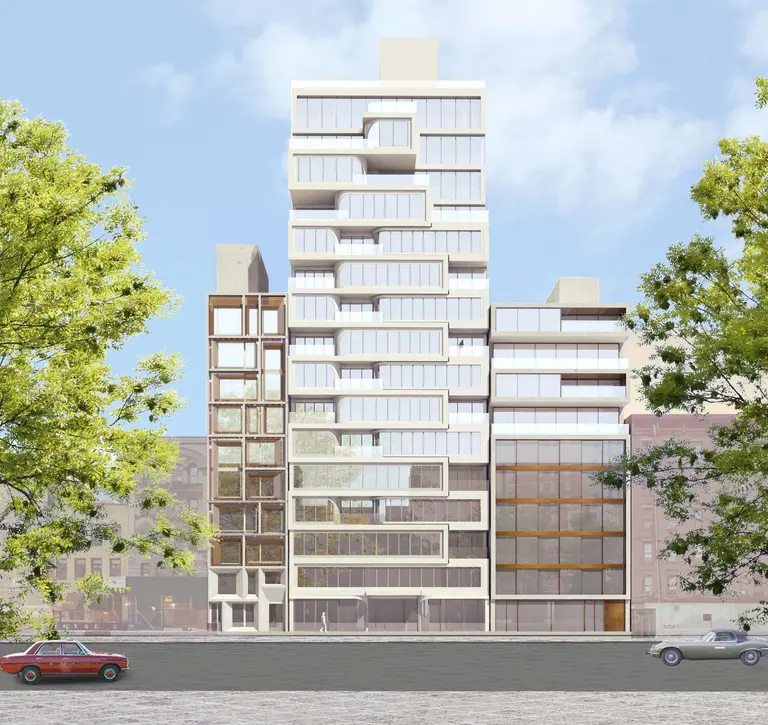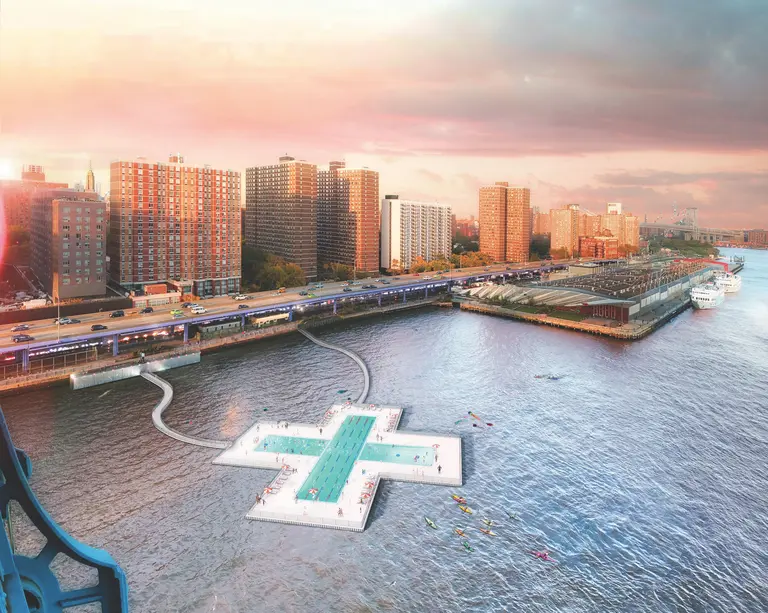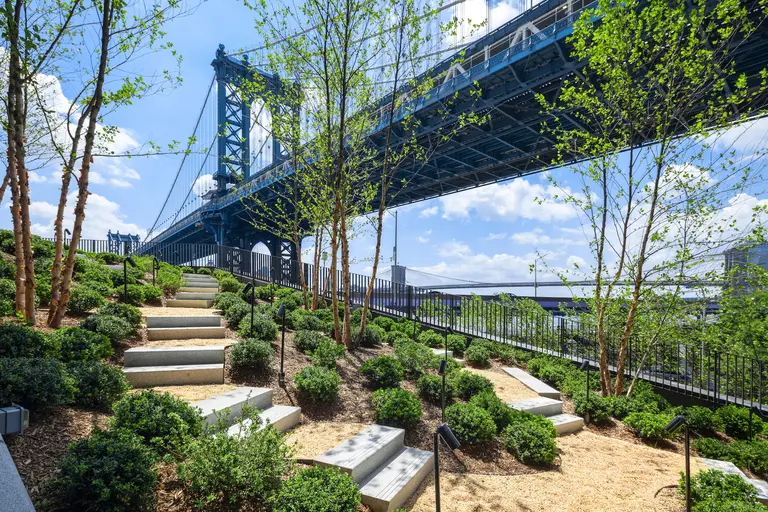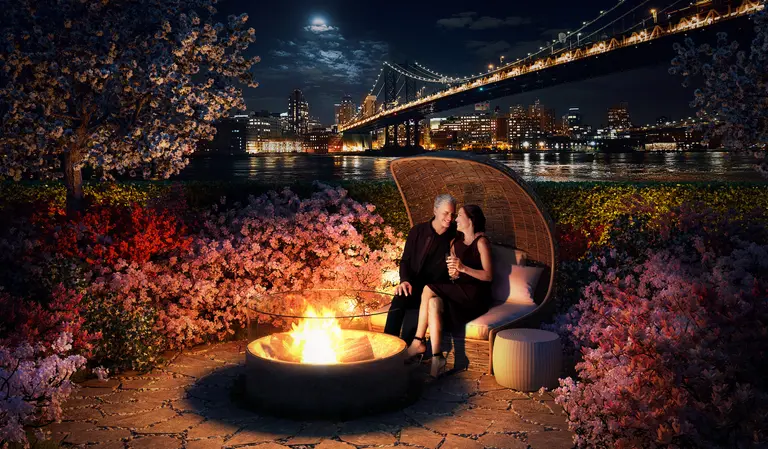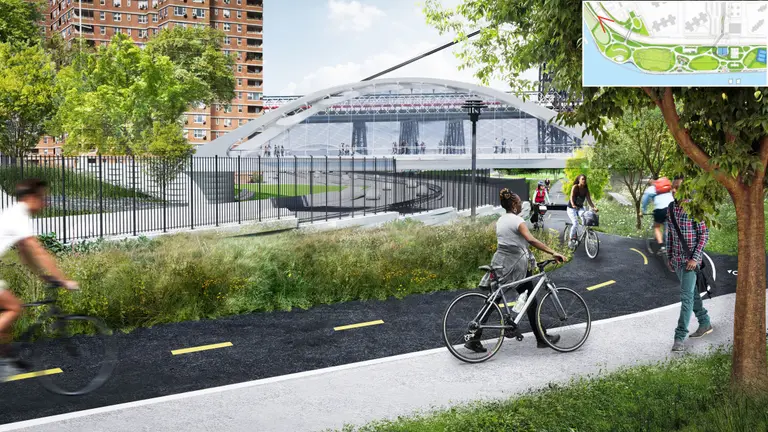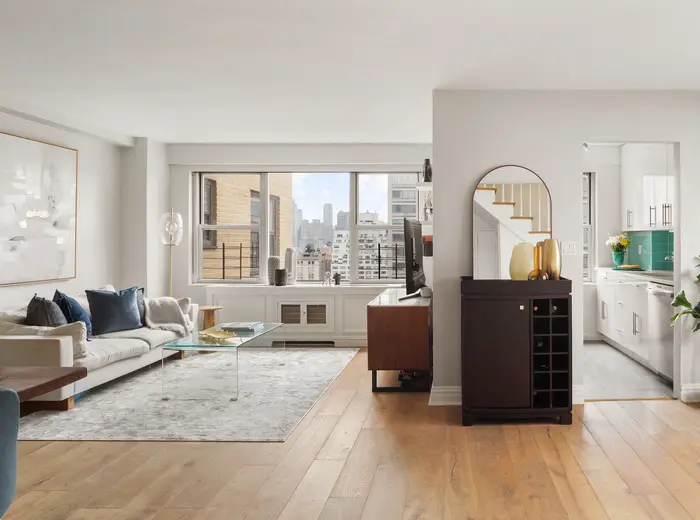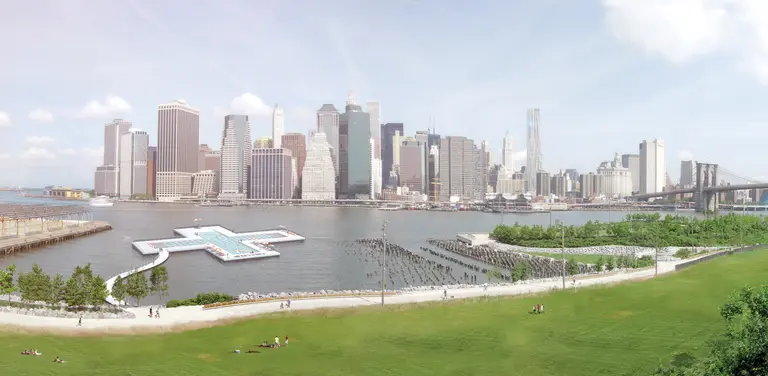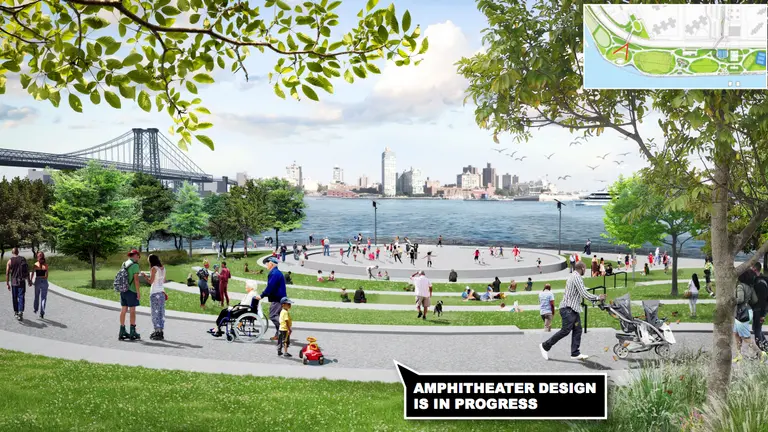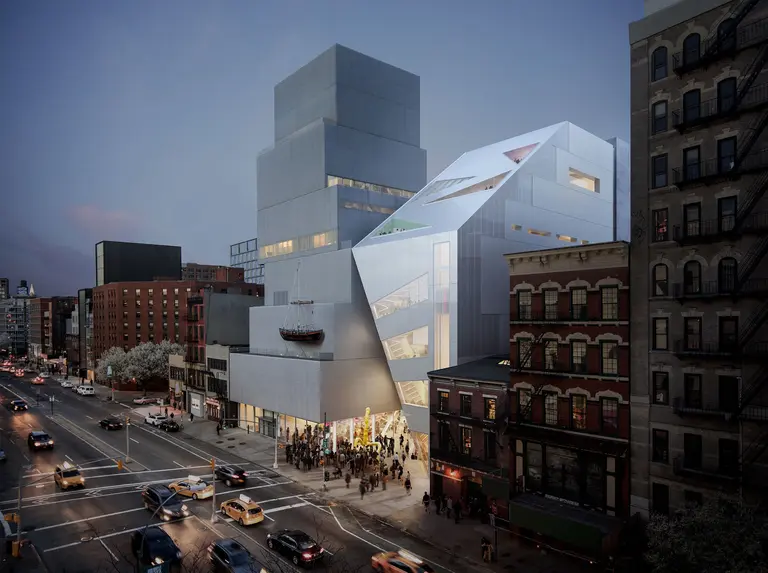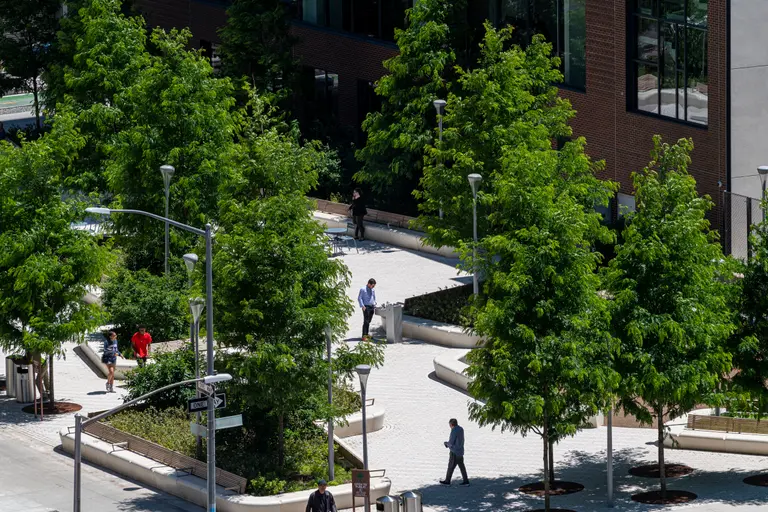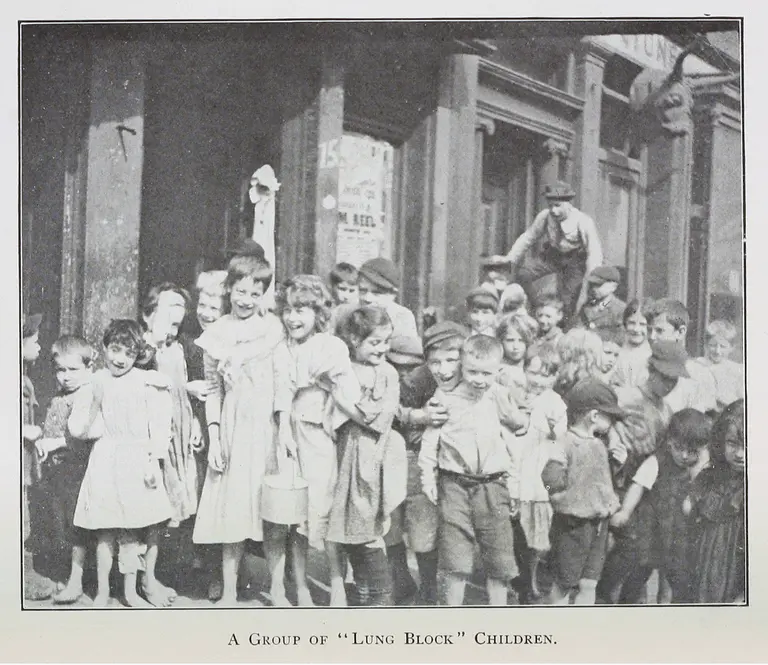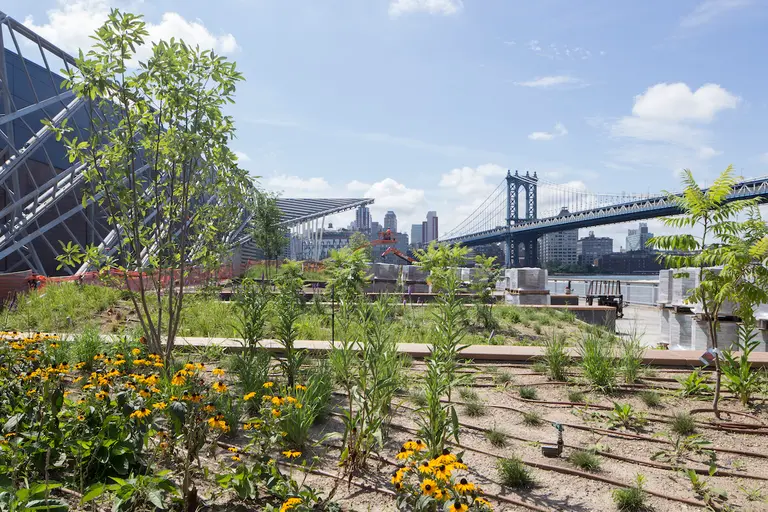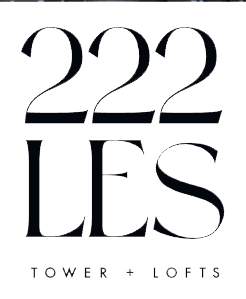The Lowline goes into ‘dormancy’ as funds dry up
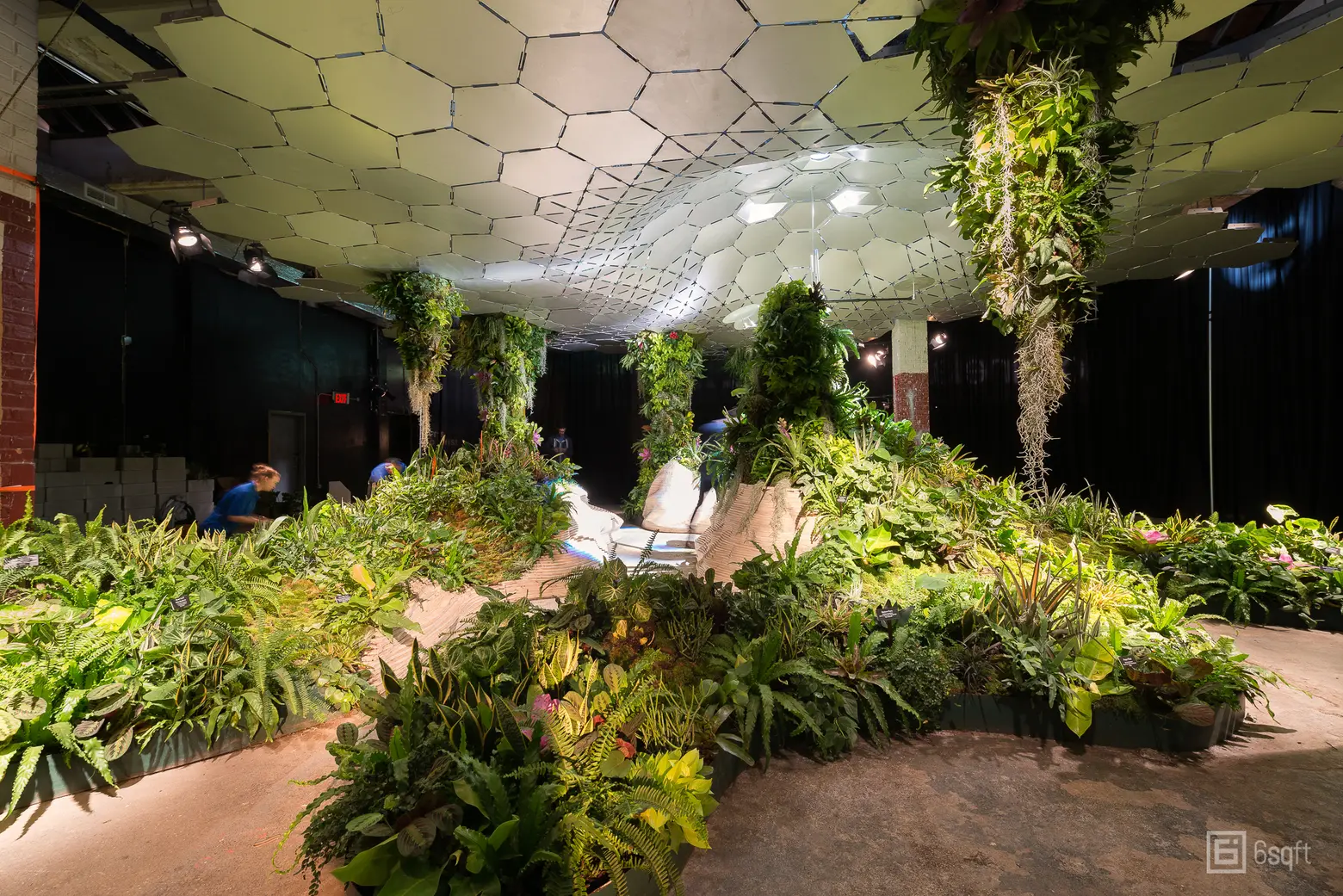
Lowline Lab via 6sqft
Ambitious plans to transform the abandoned Williamsburg Bridge Trolley Terminal on the Lower East Side into the world’s first underground park are no longer viable due to waning funds, Crain’s reports. The founders of the Lowline—Dan Barasch and James Ramsey—dreamed up the idea more than a decade ago and as of last year, the $83 million project was under construction with an expected opening date in 2021.
“It’s gone into dormancy. That’s the appropriate term. We decided to go into sleep mode,” Signe Nielsen, a landscape architect and member of the Lowline’s board of directors, told Crain’s. “We were unable to meet all of the benchmarks that were required, one of the most significant of which was to raise a substantial amount of money.”
The proposal to convert the one-acre site included plans for a solar technology system that would draw light into the cavernous space and distribute it for photosynthesis to occur. The team raised initial funds through two successful Kickstarter campaigns in 2012 and 2015, raising about $150,000 and $223,506, respectively. The project—which through its name presented a foil to Chelsea’s High Line—got more attention when a working prototype, the Lowline Lab, opened up just a couple blocks away from the intended site. The Lab was open to the public from 2015 to 2017 and drew more than 100,000 visitors.
Crain’s reports that the project nevertheless struggled to secure larger sums of money or support from the city. Public filings show that the Underground Development Foundation—the nonprofit created to raise funds for the park—raised only $3.7 million in 2017 and by the end of the year had only $9,938 in remaining assets and funds.
They got some funding from Taconic, one of the builders working on Essex Crossing, which has been steadily rising above the Lowline, to cover early costs like architects, engineers, and a modest two-person staff. “It was a very cool idea,” Taconic’s co-CEO Charles Bendit told Crain’s. “They have gone very quiet, and we haven’t been following up.”
In an interview with Untapped Cities last May, Barasch explained that the Lowline was “sort of on hold for the moment” but expressed optimism about the project’s future, suggesting that it could be “something really spectacular for the next mayor to really take on” or perhaps something that another city would embrace.
[Via Crain’s]
RELATED:
